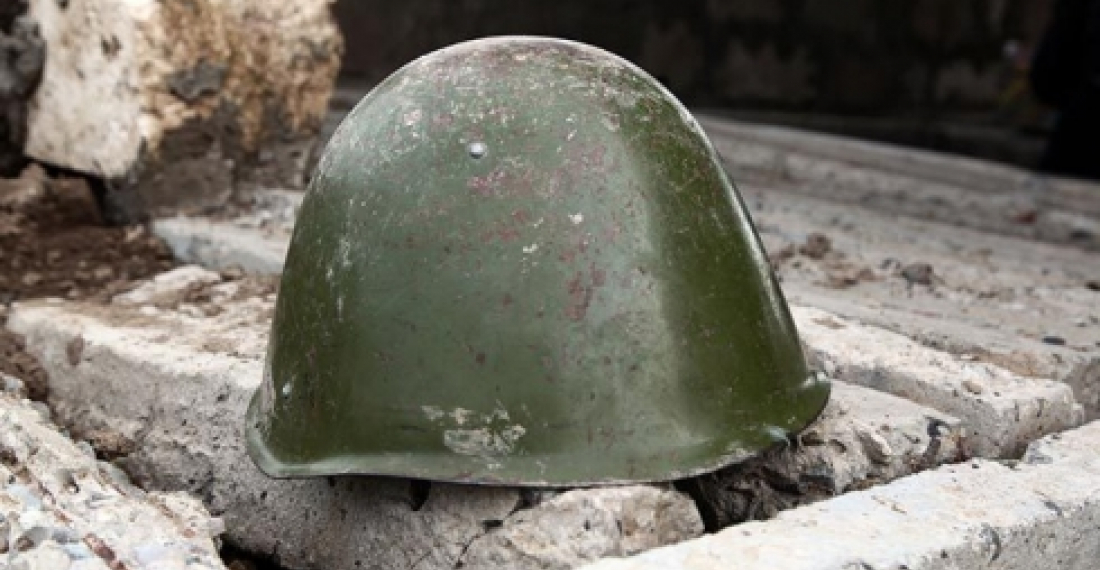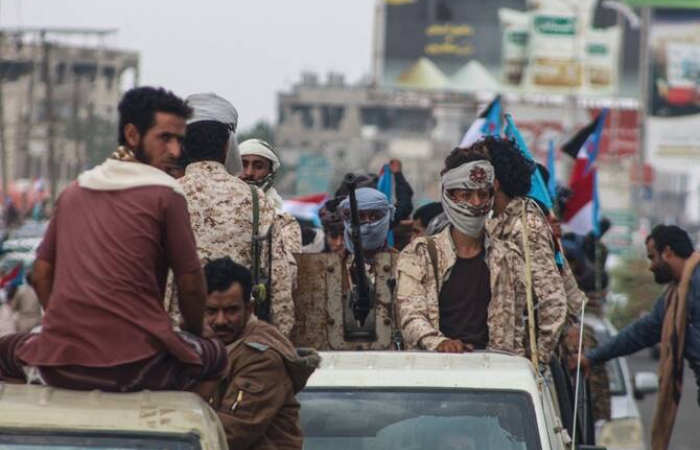Two soldiers, one Armenian and one Azerbaijani, were killed by along the Line of Contact on Monday night as the presidents of the two countries were meeting in Vienna.
Natig Tahirli, an Azerbaijani soldier, was killed immediately after the completion of talks aimed at resolving the ongoing conflict, according to the defence ministry of the self-declared Nagorno-Karabakh Republic.
Azerbaijan accused of Armenia of breaching the ceasefire. However, Armenia claimed the opposite. Both sides have been accusing each other of breaching a fragile Russian-brokered agreement reached on April 5 after four days of fierce fighting which killed dozens.
The Armenian killed overnight was named as 20-year-old conscript Khachatur Harutyunyan, killed in the southern direction of the Line of Contact at 00:50 Yerevan time.
“The Karabakh side accused Azerbaijan of continuing to violate the terms of the April 5 verbal agreement on cease-fire on the night of May 17 by using firearms of different calibers as well as armored vehicle guns, mortars and grenade-launchers,” ArmeniaNow reported.
“Particularly intensive ceasefire violations were reported in the southern (Hadrut) and eastern (Martuni) directions,” the website said.
The two presidents, who also met with EU foreign policy chief Federica Mogherini and US Secretary of State John Kerry, agreed to intensify efforts to implement the fragile ceasefire.
They agreed that an OSCE investigative mechanism should be in place, that the personal representative of the OSCE chairperson in office should have his capacity expanded, that data should be exchanged on missing people, and that a next round of talks should take place in June.
SOURCE: commonspace.eu and agencies
PHOTO: from APA.az






